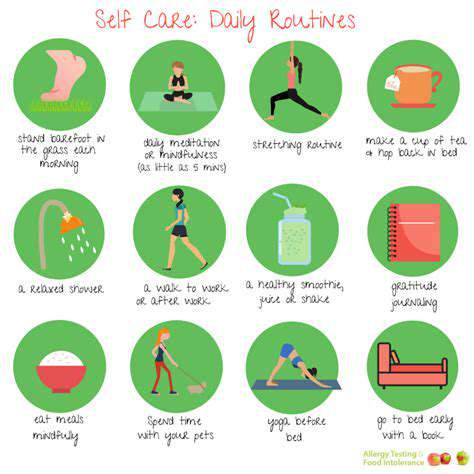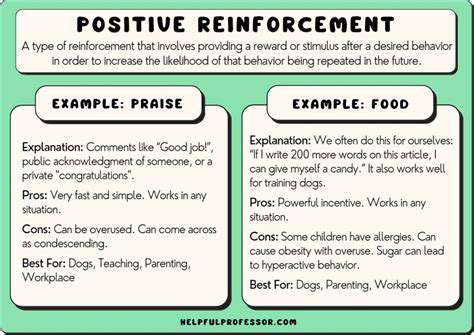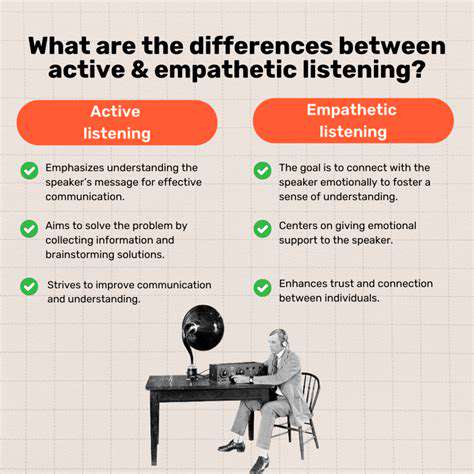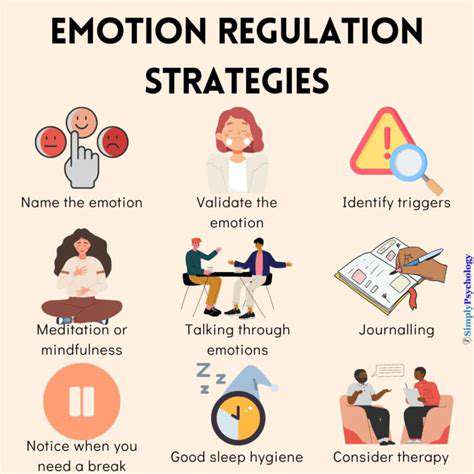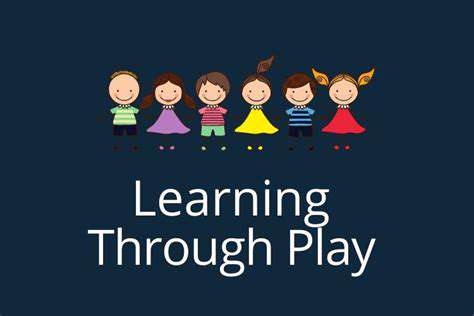Age Appropriate Chores: Fostering Responsibility from an Early Age

Toddler Chores: Setting the Stage for Independence
Introducing age-appropriate chores to toddlers can be a fantastic way to cultivate a sense of responsibility and independence. It's not about perfection, but rather about fostering a positive attitude towards contributing to the family. These early experiences build crucial life skills, which will undoubtedly benefit them as they grow older. Toddlers at this stage are eager to participate and mimic what they see. Observing and assisting in simple tasks can significantly boost their self-esteem and confidence.
Before starting, it's essential to set clear expectations and demonstrate the tasks. Patience and positive reinforcement are key elements of success in this process. Avoid overwhelming them with complicated instructions; keep it simple and focused on one or two tasks at a time. Remember that the goal is to build a foundation for future chores, not to create miniature adults.
Choosing the Right Chores for Tiny Hands
Toddlers are still developing their fine motor skills and coordination. Therefore, the chores should be age-appropriate, focusing on simple actions that they can easily grasp. Activities like putting toys away, placing items in a designated container, or helping to set the table are excellent choices. These activities are not only beneficial for the child but also for the overall household organization.
Simple tasks such as wiping up spills, sorting laundry (with supervision, of course), and helping to put away books or small toys are other options. Remember to always supervise and guide your child during these activities to ensure safety and prevent accidents.
Keep the expectations manageable and keep the tasks specific and focused.
Remember to praise their efforts, regardless of the outcome.
Encouraging Participation and Motivation
Making chore time fun and engaging can greatly enhance a toddler's motivation. Using simple, age-appropriate language and positive reinforcement can significantly impact their participation. Turning chores into a game can make the experience more enjoyable and encourage cooperation. For example, singing a song while putting toys away can transform a mundane task into a delightful activity.
Consider using visual cues or simple charts to help your toddler understand the tasks. These visual aids can make the instructions easier to follow and can help them stay motivated. Using praise and rewards (like stickers or small treats) can also be effective in encouraging continued participation.
Safety First: Important Considerations
Safety is paramount when introducing chores to toddlers. Ensure that the chosen tasks are appropriate for their developmental stage and that the environment is safe. Always supervise your toddler closely, especially when using potentially hazardous tools or materials. Using childproof locks and keeping potentially dangerous items out of reach is crucial.
Clearly define the boundaries of the area where the toddler is performing the chore and ensure the area is safe and accessible. Educating your toddler about the importance of safety, like not touching hot surfaces, is essential to prevent accidents. By prioritizing safety, you can ensure a positive and productive chore-learning experience.
Elementary Chores (Ages 6-10): Taking on More Responsibility
Setting the Table
Helping with setting the table is a fantastic way for young children to learn about organization and responsibility. It teaches them about spatial awareness, following simple instructions, and the importance of preparing for meals. Involving them in this process not only helps them feel included in family routines but also helps them develop a sense of pride in contributing to the household. They can learn to arrange plates, cutlery, and napkins in an organized manner, learning about symmetry and order.
This chore is also a great opportunity to teach children about proper etiquette and table manners, like placing silverware correctly and using napkins appropriately. It's a valuable life skill that extends beyond the dinner table.
Making Beds
Making a bed is a fundamental chore that teaches children about tidiness and organization. It's a relatively simple task, but it teaches them about following a sequence of steps, from tucking in the sheets to smoothing out the blankets. It fosters a sense of personal responsibility and pride in maintaining their own space.
Laundry Sorting
Children can assist with laundry sorting, separating whites from colors, and light clothes from darks. This introduces them to basic categorization and the importance of following instructions for maintaining cleanliness within the home. It's a practical chore that helps them understand the different types of fabrics and how to handle them appropriately.
Supervising them during this task is crucial, ensuring they understand the difference between the various loads and how to correctly separate them for washing.
Helping with Dishes
This can involve wiping down counters after meals, loading the dishwasher, or even helping to rinse dishes. These tasks are a great way to teach children about cleanliness, hygiene, and the importance of tidying up after themselves or helping family members.
Supervising their participation and ensuring they handle dishes carefully will contribute to their safety and a better understanding of their role in maintaining a clean home.
Taking Out the Trash and Recycling
Taking out the trash and recycling is an important chore for teaching children about environmental responsibility and the importance of waste management. They can learn about different types of waste and how to sort them correctly, which helps them understand the concept of sustainability. It's a simple task that can instill essential environmental awareness.
This chore also helps children develop a sense of responsibility towards their community and the environment by teaching them how to dispose of waste properly.

